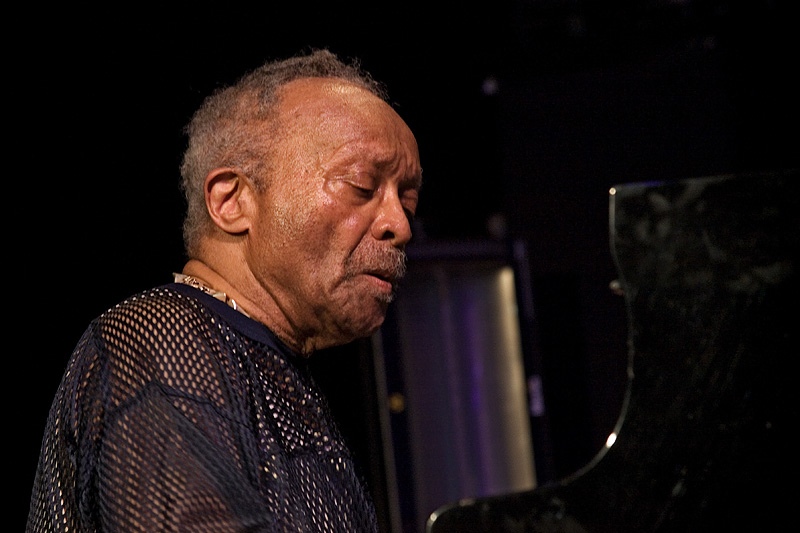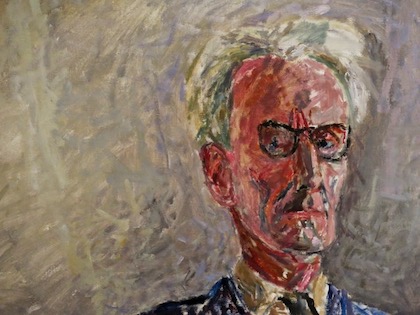On the occasion of Grace Schulman’s new memoir, Strange Paradise: Portrait of a Marriage, three writers who have shifted between genres will discuss the differences in process according to genre, how they decide to take on a new project, and many other topics related to writing fiction, poetry, memoir, and non-fiction.
Grace Schulman is an acclaimed poet, most recently recipient of the Frost Medal for Distinguished Lifetime Achievement in American Poetry, the highest award of the Poetry Society of America. Among her other honors are the Aiken Taylor Award for poetry, the Delmore Schwartz Memorial Award, a Guggenheim Fellowship, New York University's Distinguished Alumni Award, a Fellowship from the New York Foundation for the Arts, and four Pushcart Prizes. Schulman is the author of seven collections of poems, including Without a Claim, her most recent, and Days of Wonder: New and Selected Poems, a Library Journal Best Books of the Year. Her prose essays are collected in First Loves and Other Adventures, and she is editor of The Poems of Marianne Moore. Schulman is former director of the Poetry Center, 92nd Street Y, and former poetry editor of the Nation. She is Distinguished Professor of English at Baruch College, CUNY.
Benjamin Taylor’s memoir, The Hue and Cry at Our House won the 2017 Los Angeles Times/Christopher Isherwood Prize for Autobiography and was named a New York Times Editors’ Choice; his Proust: The Search was named a Best Book of 2015 by Thomas Mallon in The New York Times Book Review and by Robert McCrum in The Observer (London); and his Naples Declared: A Walk Around the Bay was named a Best Book of 2012 by Judith Thurman in The New Yorker. He is also the author of two novels, Tales Out of School, winner of the 1996 Harold Ribalow Prize, and The Book of Getting Even, winner of a 2009 Barnes & Noble Discover Award, as well as a book-length essay, Into the Open. He edited Saul Bellow: Letters, named a Best Book of 2010 by Michiko Kakutani in The New York Times and Jonathan Yardley in The Washington Post, and Bellow’s There Is Simply Too Much to Think About: Collected Nonfiction, also a New York Times Editors’ Choice. His edition of the collected stories of Susan Sontag, Debriefing, was published by Farrar, Straus & Giroux in November 2017. He is currently under contract to Penguin for a sequel to The Hue and Cry at Our House. Taylor is a founding faculty member in the New School’s Graduate School of Writing and teaches also in the Columbia University School of the Arts. He is a past fellow and current trustee of the John Simon Guggenheim Memorial Foundation and serves as president of the Edward F. Albee Foundation.
Meghan O’Rourke began her career as one of the youngest editors in the history of The New Yorker. Since then, she has served as culture editor and literary critic for Slate as well as poetry editor and advisory editor for The Paris Review. Her essays, criticism, and poems have appeared in Slate, The New Yorker, The New York Times Magazine, The New York Times Book Review, The Nation, Redbook, Vogue, Poetry, The Kenyon Review, and Best American Poetry. O’Rourke is also the author of the poetry collections Once (2011) and Halflife (2007), which was a finalist for both the Patterson Poetry Prize and Britain’s Forward First Book Prize. She was awarded the inaugural May Sarton Poetry Prize, the Union League Prize for Poetry from the Poetry Foundation, a Guggenheim Fellowship, a Radcliffe Fellowship, a Lannan Literary Fellowship, two Pushcart Prizes, and a Front Page Award for her cultural criticism. She has been a fellow at the MacDowell Colony and has taught at Princeton, The New School, and New York University.



































